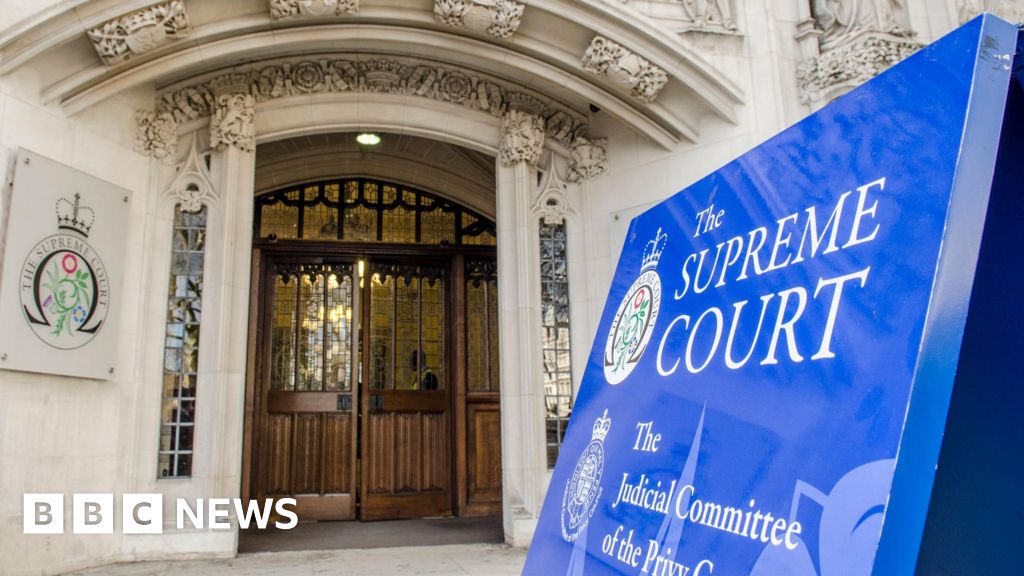Ebola virus, one of the deadliest pathogens, has a fatality rate of about 50%, posing a serious threat to global health and safety. To address this challenge, researchers at the University of Minnesota and the Midwest Antiviral Drug Discovery (AViDD) Center have developed the first nanobody-based inhibitors targeting the Ebola virus.
Nanobodies are tiny antibodies derived from animals like alpacas. Their small size allows them to access areas of the virus and human tissues that larger antibodies cannot. During the COVID-19 pandemic, the team created nine nanobodies to fight COVID-19. Now, they’ve used this technology to develop two new nanobody inhibitors for Ebola: Nanosota-EB1 and Nanosota-EB2.
The nanobodies work in different ways to stop Ebola. The virus hides the part it uses to attach to human cells under a protective layer. Nanosota-EB1 prevents this layer from opening, blocking the virus from attaching to cells. Nanosota-EB2 targets a part of the virus essential for breaking into cells, stopping its spread. In lab tests, Nanosota-EB2 was especially effective, greatly improving survival rates in Ebola-infected mice.
These nanobodies represent a major step toward treatments for other viruses in the same family, like Sudan and Marburg viruses. This adaptability comes from a new nanobody design method recently developed by the team.
The study, published in PLOS Pathogens, was led by Dr. Fang Li, co-director of the Midwest AViDD Center and a professor of Pharmacology. The research team included graduate student Fan Bu, research scientist Dr. Gang Ye, research assistants Alise Mendoza, Hailey Turner-Hubbard, and Morgan Herbst (Department of Pharmacology), Dr. Bin Liu (Hormel Institute), and Dr. Robert Davey (Boston University). The research was funded by NIH grant U19AI171954.

